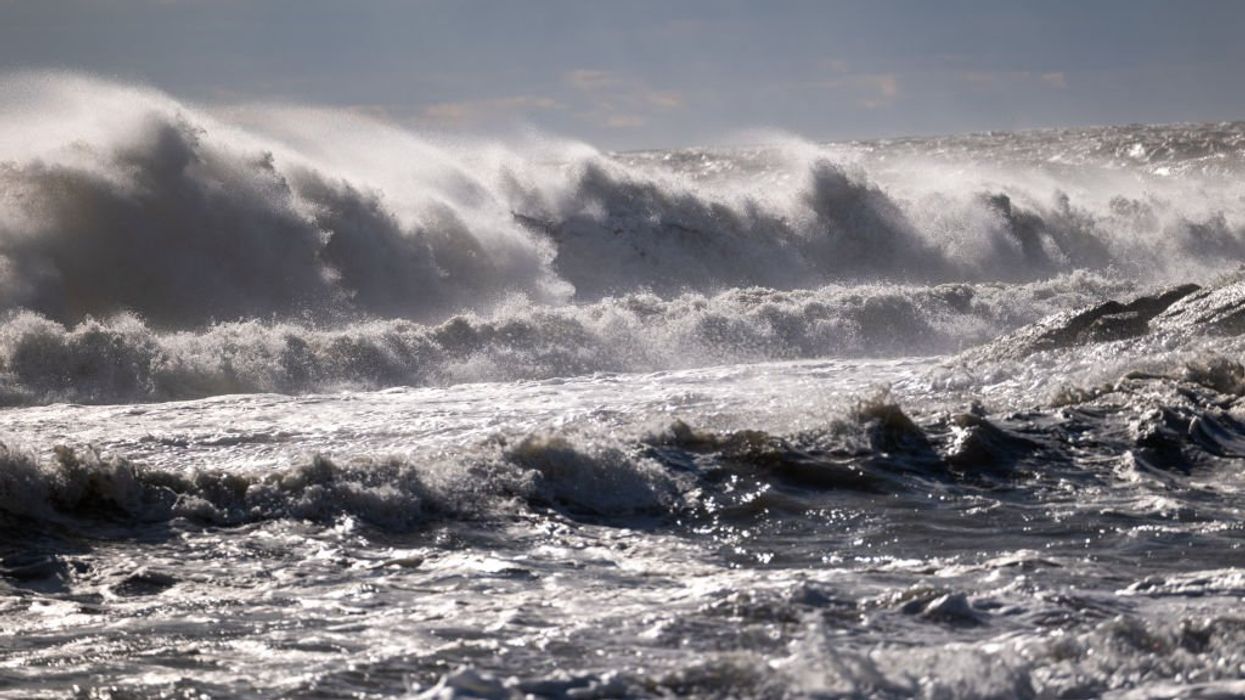
Photo by Spencer Platt/Getty Images

Following the record-breaking heat waves that made their way across the U.S. in the summer of 2023, three states on the East Coast saw a sudden uptick in severe "flesh-eating" infections, according to LiveScience.
The report is primarily concerned with Vibrio vulnificus, which is a deadly bacterial species that resides in coastal waters. The Centers for Disease Control noted an infection can happen when a "wound comes into contact with raw or undercooked seafood, its juices, or its drippings or with saltwater or brackish water.*," adding that it can "cause life-threatening wound infections."
The CDC went on to suggest that about one in five people who get infected end up dying just a day or two after being infected. The problem can become very serious if the bacteria enters an open wound, which can cause a "flesh-eating" infection known as necrotizing fasciitis.
If the bacteria is ingested through raw or undercooked seafood, it can cause a serious gastrointestinal infection. This can sometimes result in vomiting, fever, or watery diarrhea. But it can also result in sepsis — an extreme response that can lead to life-threatening septic shock, per the report.
The CDC's latest report on the matter stated that "[d]uring July–August 2023, 11 persons infected with V. vulnificus were reported to health officials in North Carolina (seven), Connecticut (two), and New York (two) (Figure)."
"The median patient age was 70 years (range = 37–84 years). Seven patients were male. One North Carolina patient was lost to follow-up. Among 10 patients with information available, all but one had at least one underlying condition, most commonly diabetes (three), cancer (three), heart disease (three), history of alcoholism (three), and hematologic disease (two). Six patients experienced either septic shock (four) or died (five); three experienced both. All of the patients who died had at least one underlying condition," the report continued.
The study continued: "A notable feature of these cases, beyond their severe clinical outcomes, is that they occurred in the wake of record-breaking U.S. heat waves." Though the infections cannot be directly attributed to the sudden rise in temperature, it is possible it played a factor.
"As coastal water temperatures increase, V. vulnificus infections are expected to become more common," the report states. "Persons can take steps to prevent illness by avoiding wound contact with brackish water, salt water, and raw seafood, and by thoroughly cooking oysters and other seafood before eating."
Like Blaze News? Bypass the censors, sign up for our newsletters, and get stories like this direct to your inbox. Sign up here!